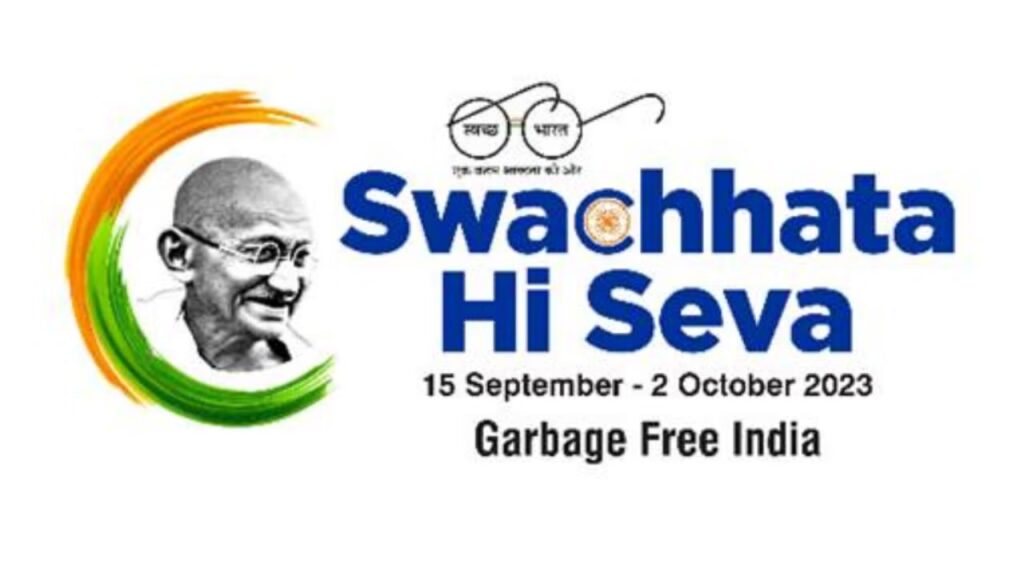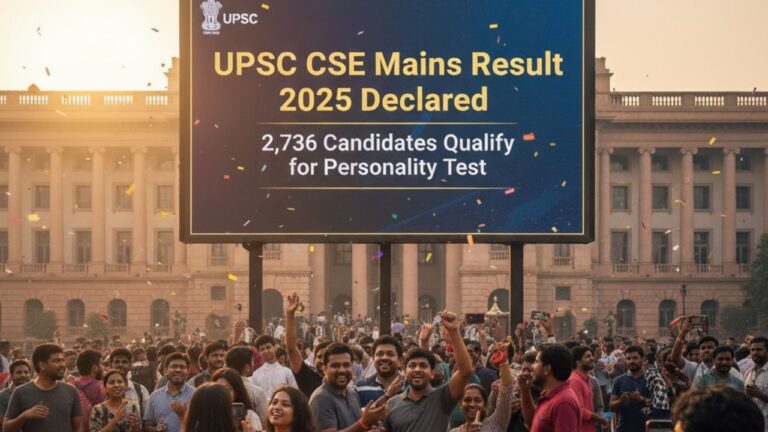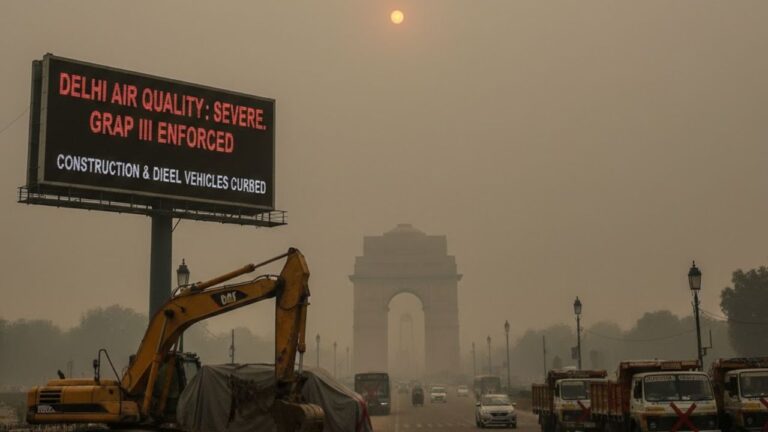
India has kicked off Swachhata Hi Seva (SHS) 2025, a nationwide cleanliness campaign that will run from 17 September to 2 October, leading up to Gandhi Jayanti. The 15-day initiative aims to intensify efforts toward cleaner surroundings, reduced plastic use, and stronger community-driven sanitation practices.
The campaign is jointly led by the Department of Drinking Water and Sanitation (DDWS) and the Ministry of Housing & Urban Affairs (MoHUA). It calls on citizens, schools, local bodies, and institutions to participate in transforming Cleanliness Target Units (CTUs)—sites such as garbage dumps, railway stations, back alleys, and other neglected public areas.
Union Jal Shakti Minister C.R. Patil highlighted the progress made under the Swachh Bharat Mission, noting that over 12 crore toilets have been constructed nationwide. According to a World Health Organisation estimate, this achievement has played a key role in reducing open defecation and preventing nearly three lakh child deaths by curbing disease transmission.
Theme and Key Highlights
This year’s campaign carries the theme “Swachhotsav”, combining the spirit of festivals with collective action. The initiative coincides with several important dates:
- September 17: Prime Minister’s birthday
- September 25: Pandit Deendayal Upadhyay’s birth anniversary, marked by a one-hour nationwide cleanup drive
- October 2: Birth anniversaries of Mahatma Gandhi and Lal Bahadur Shastri
Alongside these activities, SHS 2025 includes multiple parallel programmes:
- SafaiMitra Suraksha Fund: A welfare initiative worth ₹8–10 crore for sanitation workers and their families in Surat and Navsari, covering education support and interest-free loans.
- Plastic-free push: Targeting the elimination of single-use plastics and promoting sustainable alternatives, especially in rural areas.
- Community cleanups: State and district committees have mapped out local “dark spots” requiring urgent sanitation efforts.
Community Participation at the Core
Preparations are already in motion across states and Union Territories, with local bodies conducting coordination meetings and setting up cleanliness committees. Authorities stress that the goal is not just short-term results but sustained cleanliness beyond the campaign period.
Citizens are encouraged to join local drives, practice waste segregation, support plastic-free initiatives, and help maintain public sanitation facilities. Officials say the success of Swachhata Hi Seva 2025 lies in simple habits translating into visible change.
By blending festival fervor with civic responsibility, the government hopes this year’s campaign will inspire collective pride in maintaining clean and healthy public spaces across India.




